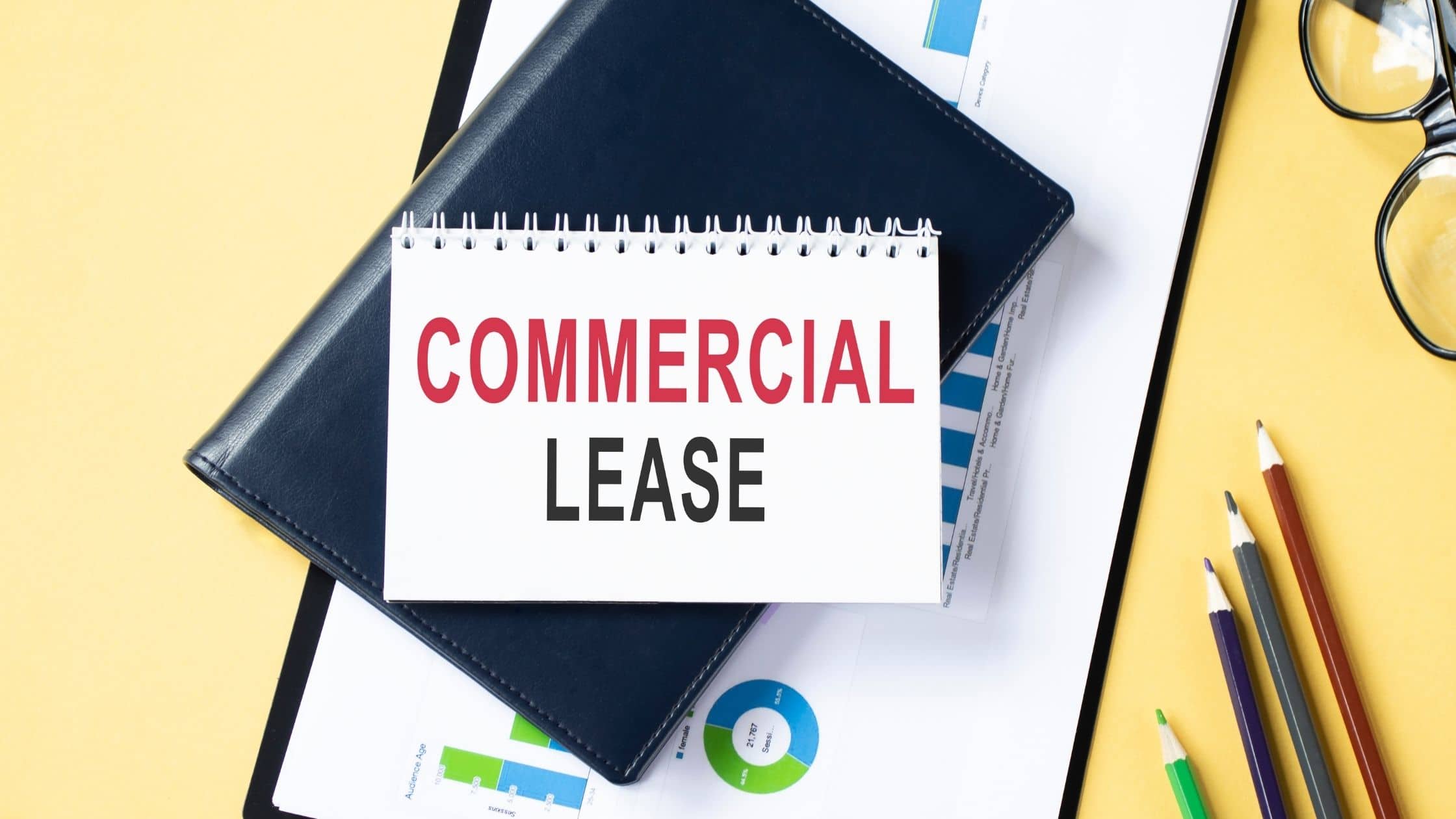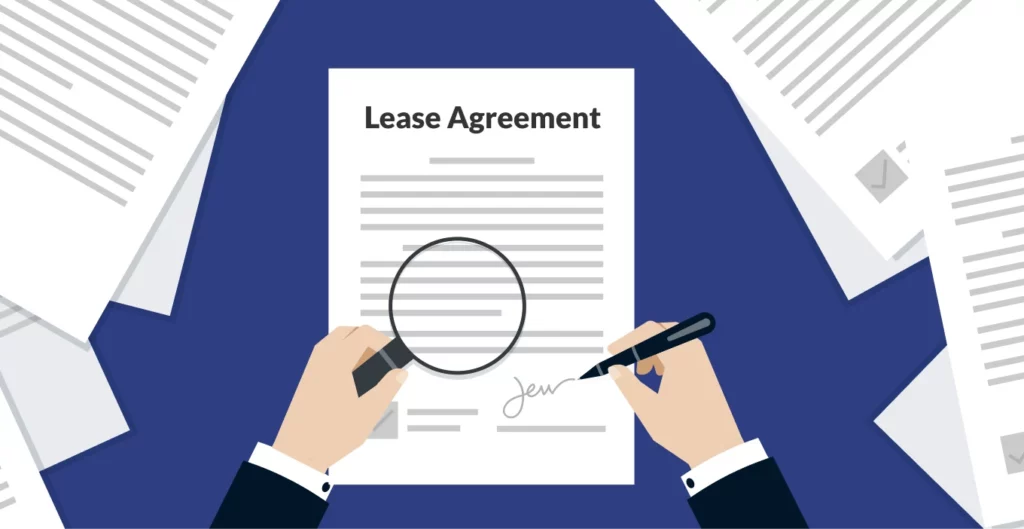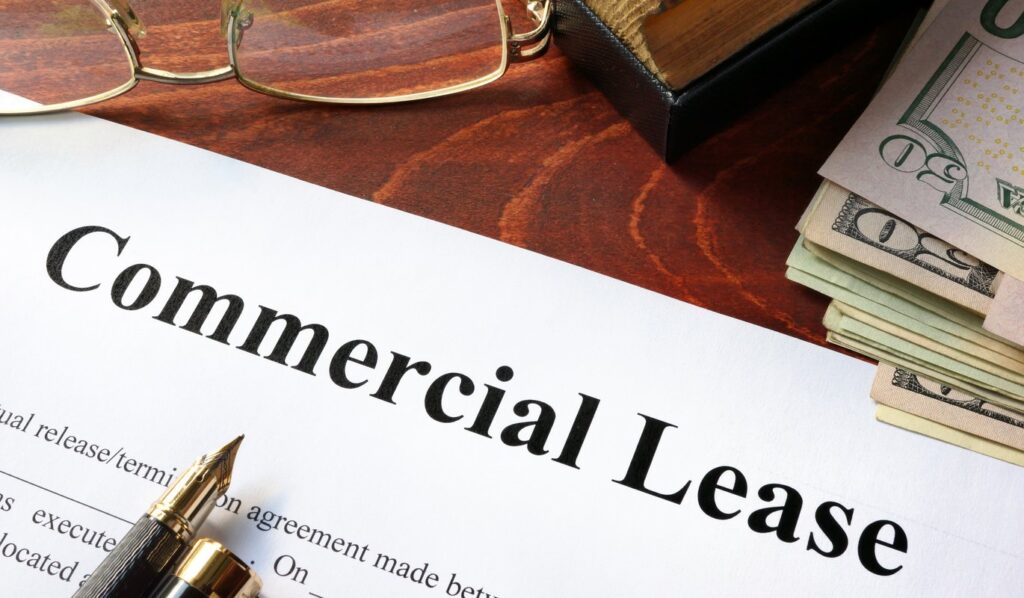
Commercial Leases 101: Understanding Your Rights and Obligations
Commercial leases can be complex agreements that involve various rights and obligations for both landlords and tenants. Whether you are a business owner looking to lease a commercial space or a landlord renting out a property, it is crucial to understand the basics of commercial leases to protect your interests and ensure a smooth leasing process.
Understanding the Basics of Commercial Leases
Defining Commercial Leases
A commercial lease is a legally binding agreement mostly process by commercial lawyers between a landlord and a tenant for the rental of a commercial property. Unlike residential leases, commercial leases are typically for business purposes and involve longer lease terms.
Commercial leases cover a variety of properties, including retail stores, office spaces, warehouses, and industrial facilities.
Commercial leases can be complex documents that outline the rights and obligations of both parties in detail. They often address issues such as maintenance responsibilities, property use restrictions, and dispute resolution procedures. It’s crucial for both landlords and tenants to carefully review and understand all terms and conditions before signing a commercial lease. Learn more how commercial law firms keep clients informed.

Key Elements of a Commercial Lease
A commercial lease typically includes essential elements such as:
- Names and addresses of the parties involved
- Description of the leased property
- Lease term and renewal options
- Rent amount and payment terms
- Security deposit and other financial considerations
- Rights and responsibilities of both parties
Additionally, commercial leases may contain clauses related to property improvements, subleasing rights, insurance requirements, and lease termination conditions. These clauses are designed to protect the interests of both the landlord and the tenant and ensure a smooth leasing experience for both parties.
Types of Commercial Leases
There are different types of commercial leases that cater to varying business needs:
Gross Lease
The tenant pays a fixed rent, and the landlord covers all additional expenses, such as utilities and maintenance.
Net Lease
The tenant pays both a base rent and a proportionate share of operating costs, such as property taxes, insurance, and maintenance.
Percentage Lease
The tenant pays a base rent plus a percentage of their gross sales.
Choosing the right type of lease depends on factors like the nature of the business, the property location, and the tenant’s financial capabilities. It’s essential for both landlords and tenants to carefully consider their needs and negotiate terms that align with their goals and expectations.
Your Rights as a Commercial Tenant
When it comes to being a commercial tenant, understanding your rights is crucial for a smooth and successful leasing experience. One of the most fundamental rights you have is the right to quiet enjoyment. This means that as a tenant, you are entitled to use the leased space without unnecessary interference from the landlord. It ensures that you can conduct your business activities without disruptions, creating a conducive environment for productivity.
Moreover, while you have the right to quiet enjoyment, it’s important to note that there may be reasonable restrictions in place, such as noise level limits or specific operating hours. These restrictions are typically aimed at maintaining a harmonious atmosphere for all tenants within the commercial property.
Right to Lease Renewal
Another significant right you may have as a commercial tenant is the right to lease renewal. This provision offers you the opportunity to extend your lease once it expires, providing stability for your business and preventing the need for relocation. Understanding the terms and conditions related to lease renewal in your agreement is essential to ensure a seamless transition and continued operations.
It is advisable to review the lease terms well in advance, paying close attention to any requirements or notice periods associated with lease renewal. By being proactive and informed, you can effectively plan for the future of your business within the leased space.
Right to Make Alterations
Many commercial tenants also have the right to make alterations or improvements to the leased premises to better align with their business needs. However, this right is typically subject to obtaining the landlord’s consent, adhering to local regulations, and committing to restoring the property to its original condition upon the termination of the lease.
Before embarking on any alterations or improvements, it is crucial to consult your lease agreement thoroughly and seek written permission from the landlord. This proactive approach not only helps you avoid potential conflicts but also ensures that the modifications are carried out in compliance with the terms of the lease.
Your Obligations as a Commercial Tenant
Maintenance and Repairs
One of the primary obligations of a commercial tenant is to maintain the leased premises in good condition. This includes routine maintenance tasks and repairs necessary to keep the property safe and functional.
Regular maintenance not only ensures the safety and functionality of the space but also helps in preserving the value of the property. Tasks such as HVAC system checks, plumbing inspections, and roof maintenance are essential to prevent costly repairs in the future.
Additionally, some lease agreements may outline specific maintenance responsibilities for both the tenant and the landlord, so it’s crucial to review the terms carefully.
Compliance with Laws and Regulations
Commercial tenants have a responsibility to comply with all applicable laws, regulations, and building codes concerning their business operations. This includes obtaining the necessary permits, licenses, and insurance coverage.
Staying compliant with regulations not only ensures the smooth operation of your business but also fosters a positive relationship with the community and local authorities. It’s essential to stay informed about any changes in regulations that may impact your business and take proactive steps to address them.
Engaging legal counsel or consultants specializing in regulatory compliance can help navigate complex legal requirements and ensure full adherence.
Payment of Rent and Other Charges
Timely payment of rent and other charges, such as utilities or common area maintenance fees, is a crucial obligation of a commercial tenant. Rent is usually payable in advance, and failure to pay on time can lead to late fees, legal consequences, and potential eviction.
Creating a detailed budget that includes not only rent but also other operating expenses can help you manage your finances effectively. Understanding the breakdown of additional charges and seeking clarification from the landlord or property manager can prevent misunderstandings and disputes down the line.
Consider setting up automated rent payments or reminders to ensure timely payments and maintain a positive relationship with the property owner or management company.

Negotiating a Commercial Lease
When negotiating a commercial lease, it is essential to consider various factors to ensure a successful and mutually beneficial agreement. Understanding your business needs and priorities is the first step in this process. By clearly defining your requirements, you can negotiate terms that align with your objectives and support your business operations effectively.
Additionally, having a comprehensive understanding of the lease terms and conditions is crucial. This includes not only the financial aspects such as rent and fees but also the responsibilities and obligations outlined in the agreement. Engaging a real estate attorney to review the lease can provide valuable insights and ensure that you are fully aware of the legal implications of the contract.
Tips for Successful Negotiation
When negotiating a commercial lease, consider the following tips:
- Understand your business needs and lease priorities.
- Have a clear understanding of the lease terms and conditions.
- Engage a real estate attorney to review the lease agreement.
- Negotiate all essential terms, such as rent, lease duration, and renewal options.
- Consider seeking concessions, such as improvements or rent abatement.
Furthermore, negotiating all essential terms upfront is crucial. This includes aspects such as rent, lease duration, renewal options, and any specific requirements you may have. By clearly defining these terms during the negotiation process, you can avoid misunderstandings and potential conflicts in the future.
Common Negotiation Pitfalls to Avoid
Avoid these common pitfalls when negotiating a commercial lease:
- Failure to review the lease thoroughly before signing.
- Overlooking hidden costs and fees.
- Not understanding the maintenance and repair obligations.
- Ignoring escalation clauses that can lead to increased rent.
- Not considering future growth or the ability to sublease the space.
It is also important to consider seeking concessions during the negotiation process. Landlords may be willing to provide incentives such as improvements to the space or rent abatement for a certain period. These concessions can add value to the lease agreement and enhance the overall terms of the contract.
In conclusion, understanding your rights and obligations as a commercial tenant is crucial for a successful leasing experience. By familiarizing yourself with the basics of commercial leases, negotiating effectively, and fulfilling your obligations, you can protect your business interests and ensure a mutually beneficial relationship with your landlord. Always consult legal professionals when necessary and review lease agreements thoroughly before signing.
